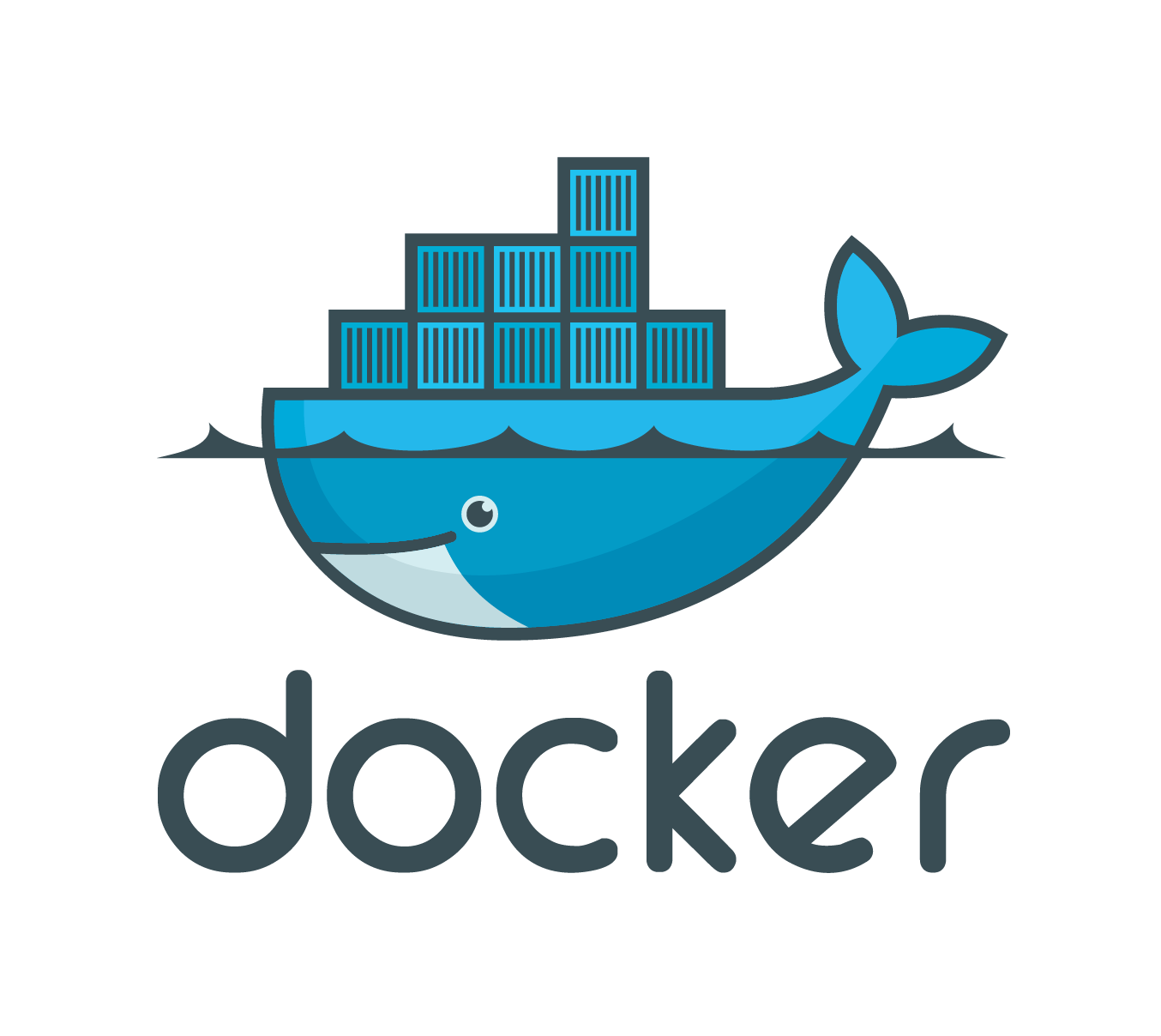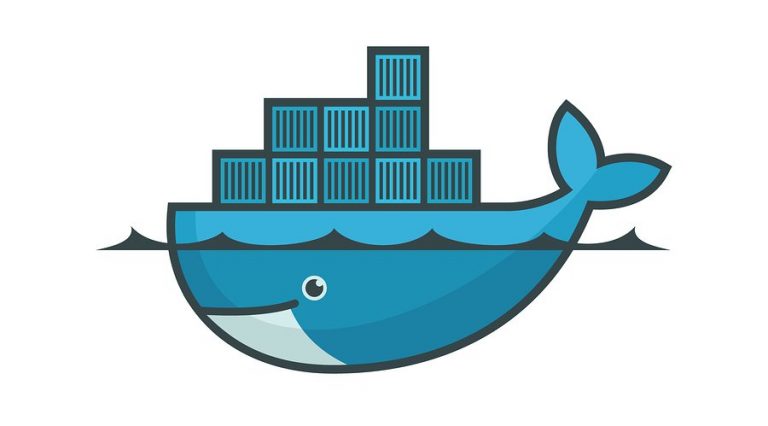The Question arose,
What are Containers and MicroServices
Let's start with containers
Containers are a way to package software applications along with their dependencies, libraries, and configuration settings into a  standardized, isolated unit. Think of it as a lightweight, standalone package that contains everything needed for the application to run consistently across different computing environments.
standardized, isolated unit. Think of it as a lightweight, standalone package that contains everything needed for the application to run consistently across different computing environments.
Containers provide several benefits
Portability: Containers can run on any system that supports containerization, making it easier to move applications between different environments such as development, testing, and production.
Consistency: Containers ensure that the application runs consistently regardless of the underlying infrastructure. This eliminates the problem of "it works on my machine" and allows developers to have more confidence in deploying their applications.
Efficiency: Containers are lightweight and share the host system's operating system kernel, which means they consume fewer resources compared to traditional virtual machines. This makes them faster to start, stop, and scale.
Now, let's talk about microservices
Microservices is an architectural approach to building software applications by breaking them down into smaller, independent services that can be developed, deployed, and scaled independently. Each microservice is responsible for a specific function within the application and communicates with other microservices through well-defined APIs (Application Programming Interfaces).
Here are some key characteristics of microservices
Modularity: Each microservice focuses on a single business capability, such as user authentication, payment processing, or data storage. This modular approach allows for better separation of concerns and makes it easier to develop and maintain the application.
 Scalability: Since each microservice is independent, it can be scaled individually based on its specific demand. This enables better resource allocation and ensures that only the necessary components are scaled, resulting in more efficient resource utilization.
Scalability: Since each microservice is independent, it can be scaled individually based on its specific demand. This enables better resource allocation and ensures that only the necessary components are scaled, resulting in more efficient resource utilization.
Resilience: If one microservice fails or experiences issues, it doesn't bring down the entire application. The other microservices can continue functioning, promoting fault isolation and improving the overall resilience of the system.
Technology diversity: Microservices allow for flexibility in choosing different technologies, programming languages, and frameworks for each individual service. This means developers can use the most appropriate tools for the specific task at hand.
Overall, containers provide a standardized and efficient way to package and deploy applications, while microservices promote modularity, scalability, and resilience in the architecture of the application itself. These concepts have gained popularity due to their ability to improve the development agility, scalability, and reliability of modern software systems.







